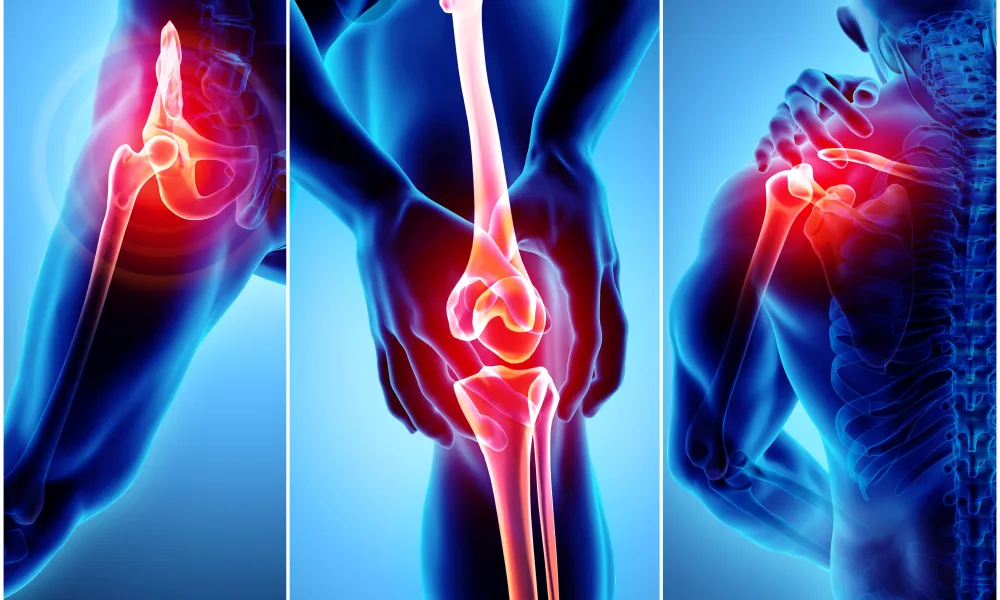Over the last 5 years, there has been an increased emphasis on optimizing patients' health prior to elective joint replacement surgery. Many patients have modifiable risks factors that can be dealt with and will increase the chances of a successful outcome while decreasing the risk of complications.
The most common modifiable risk factors are: obesity, smoking, diabetes, malnutrition and anemia. There is excellent data supporting patients needing a BMI (body mass index) under 40 to minimize risks for joint replacement surgery. Smoking is associated with vasoconstriction and an increase risk of infection and wound healing. We require patients to quit smoking 6 weeks prior to joint replacement and monitor this with a blood test. Diabetics monitor their glucose control with a blood A1c which should be less than 8 for elective joint replacement.
While obesity with a BMI over 40 is a risk factor for infection and other complications after joint replacement so, too, is malnutrition. We measure several blood tests to determine the nutritional status of patients. Anemia is a risk factor for post-op complications. If present, we work with our internal medicine partners to determine a source and correct the problem. Patients taking some of the medications to treat rheumatoid arthritis (as advertised on TV) have an increased risk of infections due to their effect on the immune system
Our Internal Medicine P.A., Mia, works with our patients to modify the above risk factors. Additionally, we work with the Wellness Center at Valley Medical Center to create programs so patients can improve their fitness level before surgery. With one-day stays and outpatient joint replacement, it is important to manage all these issues before the patient come to the OR for surgery. We are here as your partner to make sure your joint replacement goes as smooth as possible.

